What is Fluoride?
Fluoride is a naturally-occurring mineral in your bones and teeth. It is also found naturally in water, soil, plants, rocks, and the air. Fluoride helps prevent cavities in children and adults by making the outer surface of your teeth, the enamel, more resistant to the acid attacks that cause tooth decay.
Benefits of Fluoride
Fluoride helps to remineralize your tooth enamel, which can prevent cavities and reverse early signs of tooth decay. When bacteria in your mouth break down sugar and carbs, they produce acids that eat away at the minerals in your tooth enamel. This loss of minerals is called demineralization. Weakened tooth enamel leaves your teeth vulnerable to bacteria that cause cavities.
Fluoride is beneficial to teeth because it helps to:
rebuild (remineralize) weakened tooth enamel
slow down the loss of minerals from tooth enamel
reverse early signs of tooth decay
prevent the growth of harmful oral bacteria
Possible Side Effects from Fluoride
While fluoride is a naturally occurring compound, it can still cause side effects when consumed in large doses. This side effect is called fluorosis and there are two types.
Dental Fluorosis
Dental fluorosis is characterized by visual changes in the appearance of teeth. It only occurs in children during the development of teeth.
In mild forms, the changes appear as white spots on teeth and are mostly a cosmetic problem. More severe cases are less common but are associated with brown stains and weakened teeth.
2. Skeletal Fluorosis
Skeletal fluorosis is a bone disease that involves the accumulation of fluoride in the bone over many years.
Early on, symptoms include stiffness and joint pain. Advanced cases may eventually cause altered bone structure and calcification of ligaments.
Skeletal fluorosis is particularly common in countries like India, Africa, and China. They have large geologic deposits of fluoride, which can contaminate water supplies. Several things can cause excessive fluoride in water, including accidental contamination from fires or explosions. These areas can also ingest fluoride from the burning coal in their home, or from consuming a particular type of tea called brick tea.
Note that skeletal fluorosis is not an issue in regions that add fluoride to water for cavity prevention since this amount is tightly controlled.
Skeletal fluorosis only happens when people are exposed to very large amounts of fluoride for long periods of time.
Verdict
More than 70 years of scientific research has consistently shown that an optimal level of fluoride in community water is safe and effective in preventing tooth decay by at least 25% in both children and adults. Simply by drinking water, Americans can benefit from fluoride's cavity protection whether they are at home, work or school.
We are on a mission to become the top rated dentist in Jupiter, Florida, so please share this blog with your friends and family to help spread the word!
By providing links to other sites, Harbor Breeze Dental Care does not guarantee, approve, or endorse the information or products available on these sites. All pictures are from Pixabay and Pexels. This blog has been endorsed and approved by Dr. Mark Kubiliun, Cosmetic Dentist in Jupiter.


